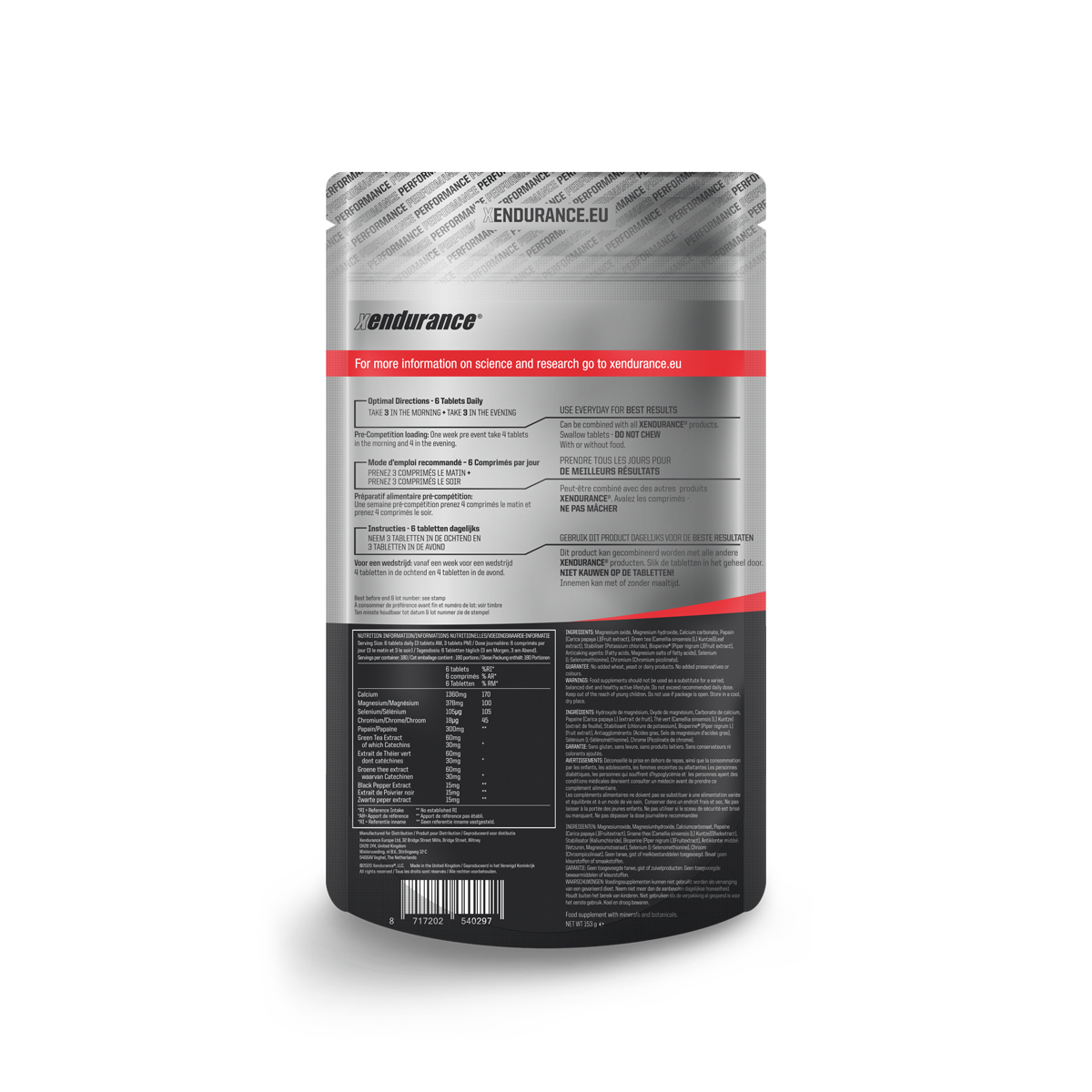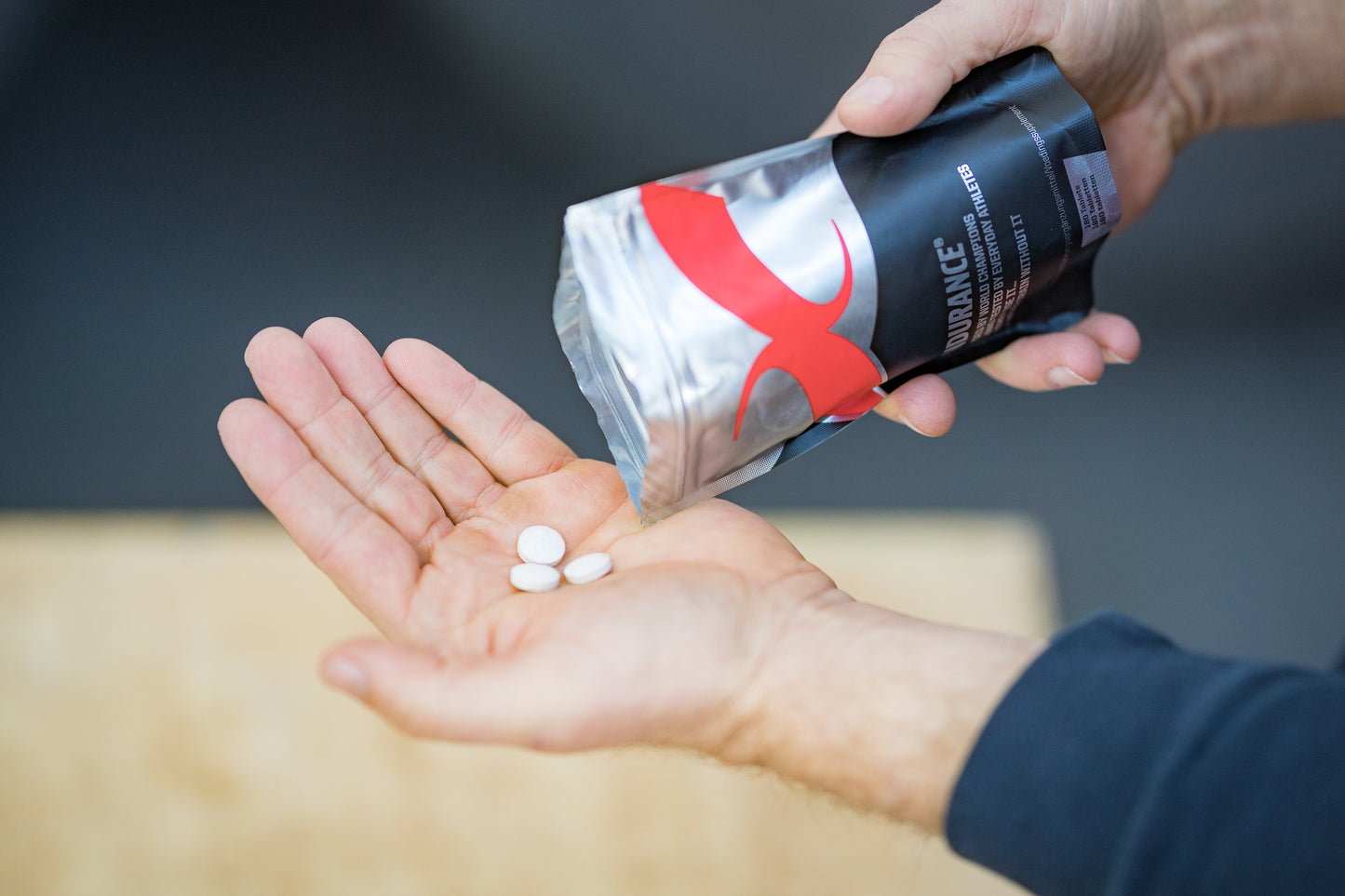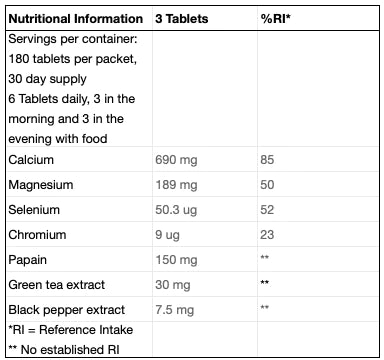Share
As a Coach and Physio I fully recognise the role of CONSISTENCY in both ill health and fitness alike. There’s a saying that "you are what you consistently do" and this is of huge importance in endurance sport. The changes required to produce improved aerobic fitness and endurance capacity take a lengthy period to come about and so we must maintain regular consistent training stimulus to ensure this occurs. I like to call it “The Consistent Application of Intelligent Effort”.
Unfortunately, many factors can conspire to cause a lack of consistency in our training; things such as injury, fluctuating motivation, lack of daily routine and habit etc…
So here’s 5 tips top maintain your training consistency – get this right and you will improve for some time to come!
- Avoid INJURY, or failing that recognise it early and do something about it. Avoid sharp abrupt changes in your training; raise intensity or duration by 5% per week to be safe. Listen to your body and learn how to ‘feel’ an overuse injury (typically related to tendons/connective tissue) coming on and treat it differently to the more typical exercise related discomfort that we feel with difficult training sessions.
- SOLID CONSISTENT TRAINING is better than huge hero sessions. Leave those performances for your races. Focus on completing training sessions at the prescribed intensity AND DO NOT try to best yourself in every session. More can often be accomplished through solid consistent training. Allow yourself easier training days to compliment the hard ones.
- Develop productive HABITS to reduce the cognitive burden of thinking about and planning your workouts. ROUTINE is your friend here. When you do things automatically they become ingrained and thus easier to complete as you don’t have to consciously choose to go to the pool (for instance), you simply end up there with your kit because that’s what you always do. Other examples of good habits include preparing kit or perhaps meals and snacks the evening before, Or perhaps arrange to meet others as it provides you some accountability and social interaction which increase the likelihood of completing a session.
- Recognise that adaptations in your body take TIME so stick to the plan and let it happen. The main theme here is that training more often or harder than you should is not likely to result in greater fitness but certainly increases the likelihood that you’ll get sick, injured or de-motivated. Don’t rush it and try to keep enjoying the PROCESS.
- When motivation leaves you occasionally, as it will, that’s when you’ll have to rely on DISCIPLINE. Remind yourself of your goals, whatever they are, as it’s likely the training session you should be doing today will move you a small step closer to them #getitdone!
The Consistent Application of Intelligent Effort
By Phil Ellison, Senior Coach at Total Tri Training, you can reach Phil by clicking here Or on Instagram @phil.ellison










